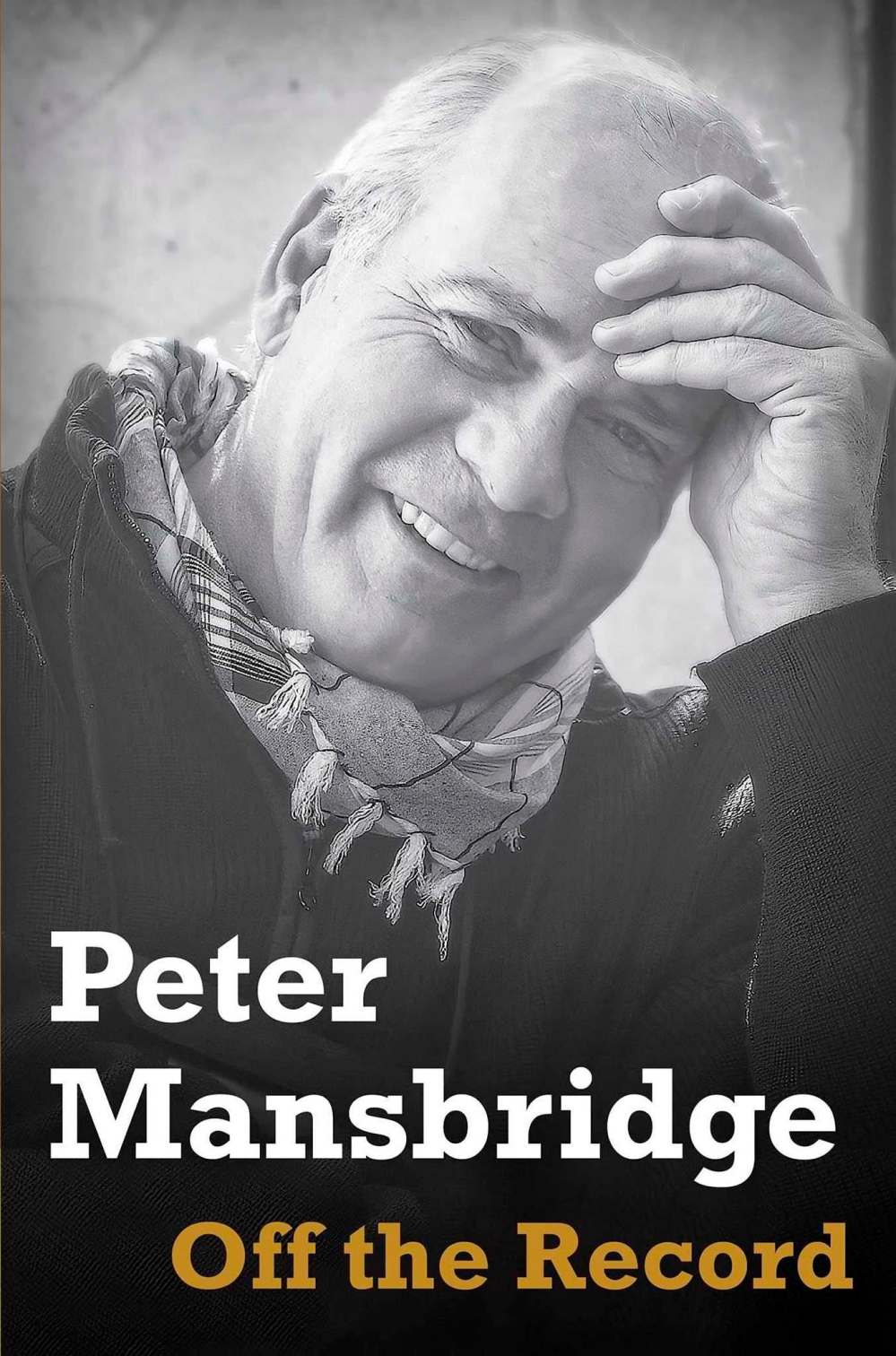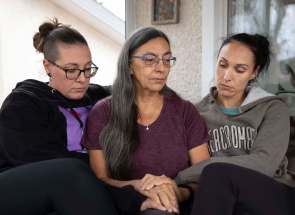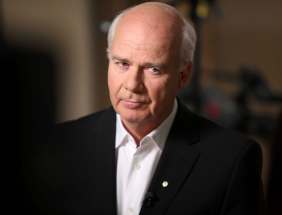Storytelling anchored Mansbridge’s career Broadcaster recounts rise from Churchill airport to stardom
Read this article for free:
or
Already have an account? Log in here »
To continue reading, please subscribe:
Monthly Digital Subscription
$0 for the first 4 weeks*
- Enjoy unlimited reading on winnipegfreepress.com
- Read the E-Edition, our digital replica newspaper
- Access News Break, our award-winning app
- Play interactive puzzles
*No charge for 4 weeks then price increases to the regular rate of $19.00 plus GST every four weeks. Offer available to new and qualified returning subscribers only. Cancel any time.
Monthly Digital Subscription
$4.75/week*
- Enjoy unlimited reading on winnipegfreepress.com
- Read the E-Edition, our digital replica newspaper
- Access News Break, our award-winning app
- Play interactive puzzles
*Billed as $19 plus GST every four weeks. Cancel any time.
To continue reading, please subscribe:
Add Free Press access to your Brandon Sun subscription for only an additional
$1 for the first 4 weeks*
*Your next subscription payment will increase by $1.00 and you will be charged $16.99 plus GST for four weeks. After four weeks, your payment will increase to $23.99 plus GST every four weeks.
Read unlimited articles for free today:
or
Already have an account? Log in here »
Hey there, time traveller!
This article was published 19/10/2021 (1512 days ago), so information in it may no longer be current.
In 1968, a high-school dropout turned airport baggage handler in northern Manitoba was asked to make an announcement over the P.A. system. That deep voice, which caught the attention of a CBC producer, would go on to fill the living rooms of Canadians from coast to coast to coast for decades.
In his new book Off the Record, 73-year-old Peter Mansbridge chronicles his unlikely start in journalism, some of the more memorable moments of his five decades at the CBC (from regional correspondent to anchor of The National) and more. “I’ve been approached by a number of publishers about doing what they call a memoir, and I was not keen on that,” says Mansbridge from his home in Stratford, Ont. “For starters, I don’t like the term ‘memoir’ because it sounds like you’re almost dead — you know, the last thing you do before you pass on is send over a manuscript and say, ‘here’s everything I’ve ever done!’” he adds, laughing.
In Off the Record, published by Simon & Schuster in early October, Mansbridge recalls key moments of his life and work in dozens of short 3-5 page vignettes, which he wrote over the summer of 2020. “Some are funny, some are emotional — they all tell a little bit about journalism, and a little bit about the country,” he explains.
While hosting a music program in the late 1960s at CBC radio in Churchill, Mansbridge’s penchant for news led him to start his own newscast for the station, with some of his segments making the broadcast in Winnipeg as well as on national news. He acted as the CBC’s correspondent for the Royal Family’s 1970 visit to northern Manitoba, and the next year headed south to Winnipeg to join the newsroom there, where he stayed until moving to Regina in 1975 and eventually to Toronto, working his way up the ladder to become chief correspondent and anchor of The National.
“Churchill was a fluke… but it cashed in on something I didn’t realize I had, which was a natural curiosity, the willingness to ask questions,” says Mansbridge. “I was self-taught — we didn’t have a newscast. But I was put under the wing of some of the people in Winnipeg who helped me out, gave me ideas and monitored my writing style. I was a big fish in a small pond in Churchill; when I came to Winnipeg I was a small fish in a big pond. They looked at this kid from Churchill who didn’t know anything about the business with some caution. But they were also great mentors.”
In Off the Record, readers go behind the scenes on some of Mansbridge’s biggest stories: the marriage of Charles and Diana, Princess Diana’s subsequent death in a car crash in 1997, the 9/11 attacks, visits to Second World War memorials and more. Mansbridge also recalls how he was approached by CBS in the 1980s to host a morning show, which included a lucrative, multi-year offer. (He declined, and shortly thereafter landed the main anchor job at The National in 1988 when Knowlton Nash stepped aside.)
Mansbridge also chronicles some of his biggest interviews, including world leaders such as Margaret Thatcher and Barack Obama, cultural icons such as Gord Downie and every Canadian prime minister from Pierre Elliott Trudeau to Justin Trudeau. “When I first interviewed Pierre Trudeau, I was in my late 20s, basically just out of Saskatchewan. And here I was sitting across from the prime minister. I mean he was an intellectual, and I’m this high school dropout. He was running circles around me. I got better over time, and I interviewed him eight or 10 times. Maybe two of them were good,” he says, laughing. “With Justin Trudeau, I was the veteran… I was there when he was born. It’s hard to compare the two when there’s been that fundamental change in me.”
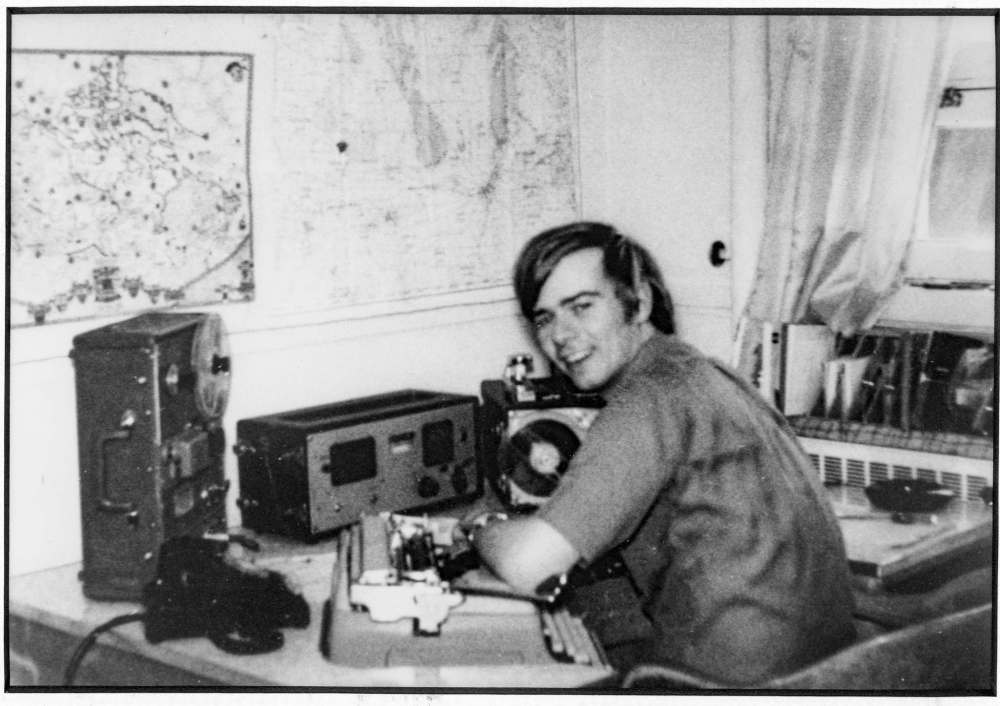
Off the Record also offers plenty of behind-the-scenes tidbits he shares from the many federal elections he covered for the CBC over the course of four decades. The 2021 federal election was the first where Mansbridge wasn’t involved for the network. “I wasn’t sure how I was going to feel, but you know what? I really enjoyed it,” he says, adding that for the first time he was able to check out broadcasts from a number of networks. “I did miss it; those are big nights. But I was able to supplant that with this sense of getting to see others who I’d never seen before.”
Mansbridge hasn’t been sitting idly since stepping down from The National in 2017 — he has worked on documentaries for the network, given speeches, taught at the University of Toronto and more.
(On the morning Mansbridge spoke with the Free Press, he had just finished emceeing an event at Canada Post, where a new stamp of actor Christopher Plummer was unveiled.)

Then, during the 2019 federal election, Mansbridge did what all good folks do these days — he started a podcast, The Bridge. “I started it as an experiment, a hobby really — I did it out of my house with no help,” he says. After taking a brief break from The Bridge, he restarted the podcast when the COVID-19 pandemic struck. “I thought ‘I can do this — this is only going to last a couple of months.’ So here we are, you know, almost two years later and I’m still crunching away,” he says, laughing. The podcast, which features recent guests such as astronaut Chris Hadfield as well as regular political contributors including Chantale Hébert, has now been picked up by SiriusXM.
The importance of truth and trust in reporting are themes that come through in Off the Record, notions Mansbridge says have been damaged. “There’s a fairly common theme to [recent surveys] that journalism has taken a hit. And if there’s one thing we can’t afford to let happen is to let journalism be kind of downgraded in the public’s mind,” he says. “We need to be more transparent in the way we do our work, explain to people how we make the decisions we make.”
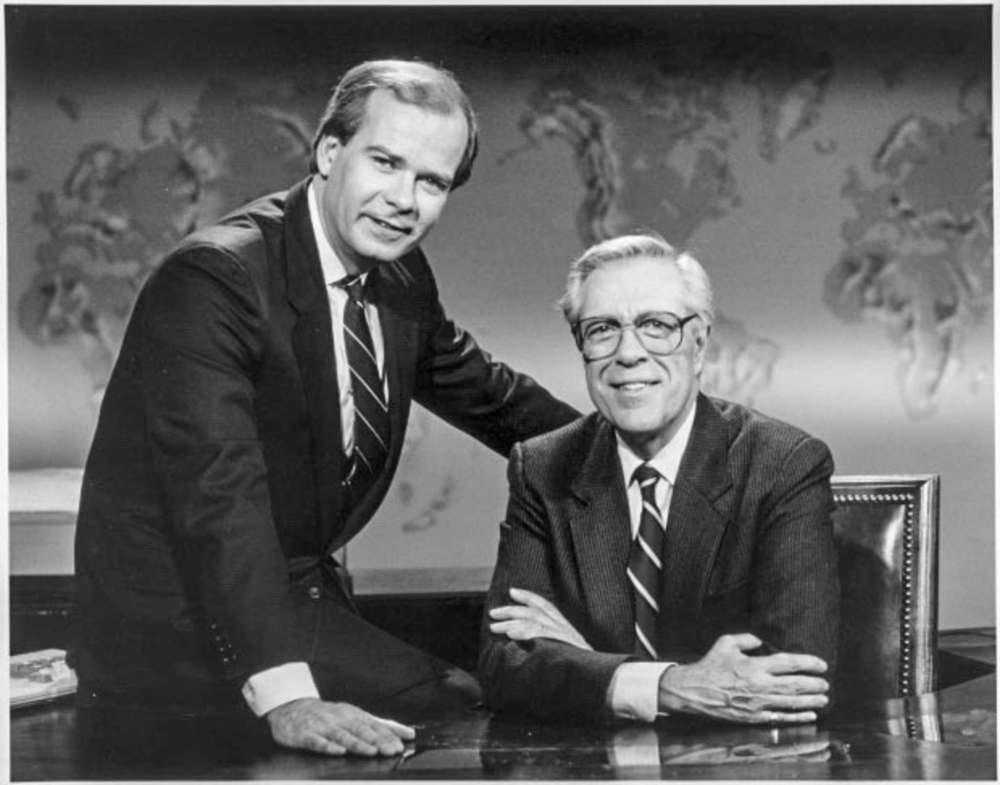
Mansbridge feels for reporters made to do more with less, especially in today’s age of social media and immediacy. “The technology that exists has placed huge burdens on your average reporter — not only in terms of speed at which they’ve got to do their stories, but the number of different platforms they have to serve. When I moved down from Churchill, it was black and white film we were still using, editing by hand, taping and splicing film together. You did one or two stories the most a day, and you had lots of time to think about what you were doing and writing. Now you’re expected to be able to deliver with the same kind of thoughtfulness and accuracy and context, as we did back then… quite frankly, I don’t know how some reporters are able to do that, because the pressure is enormous.”
What all good reporting comes down to, Mansbridge says, is the desire to tell a story — a skill he honed over decades as his baggage-handling days in Churchill faded in the rearview mirror. “I feel I’m not a bad storyteller now, which is the heart of any good journalist… Once you get that, the ability to tell stories in your own way, you can make a real connection with your audience.”
ben.sigurdson@freepress.mb.ca
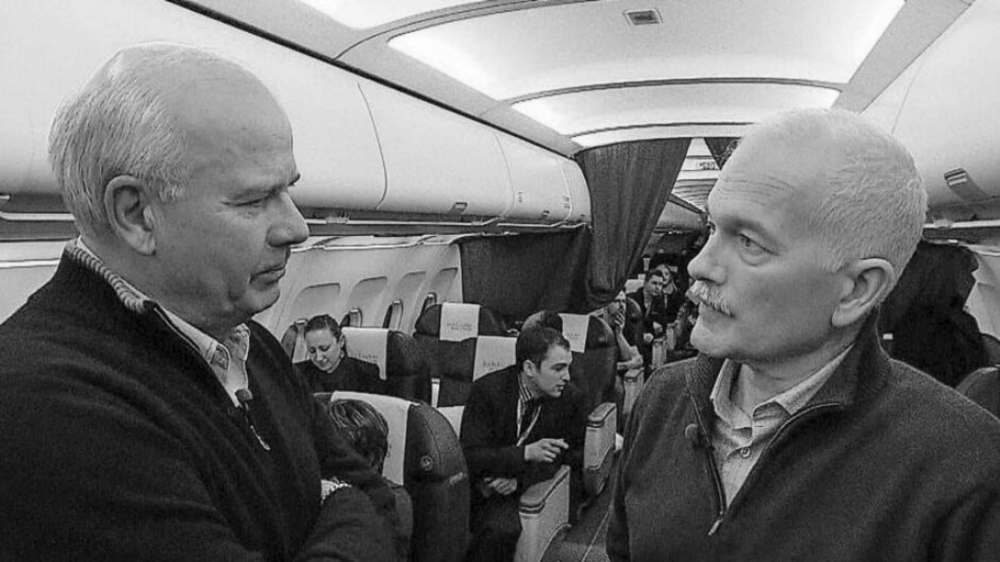

Our newsroom depends on a growing audience of readers to power our journalism. If you are not a paid reader, please consider becoming a subscriber.
Our newsroom depends on its audience of readers to power our journalism. Thank you for your support.
History
Updated on Tuesday, October 19, 2021 11:41 PM CDT: Changes wording of deck and headline short.

